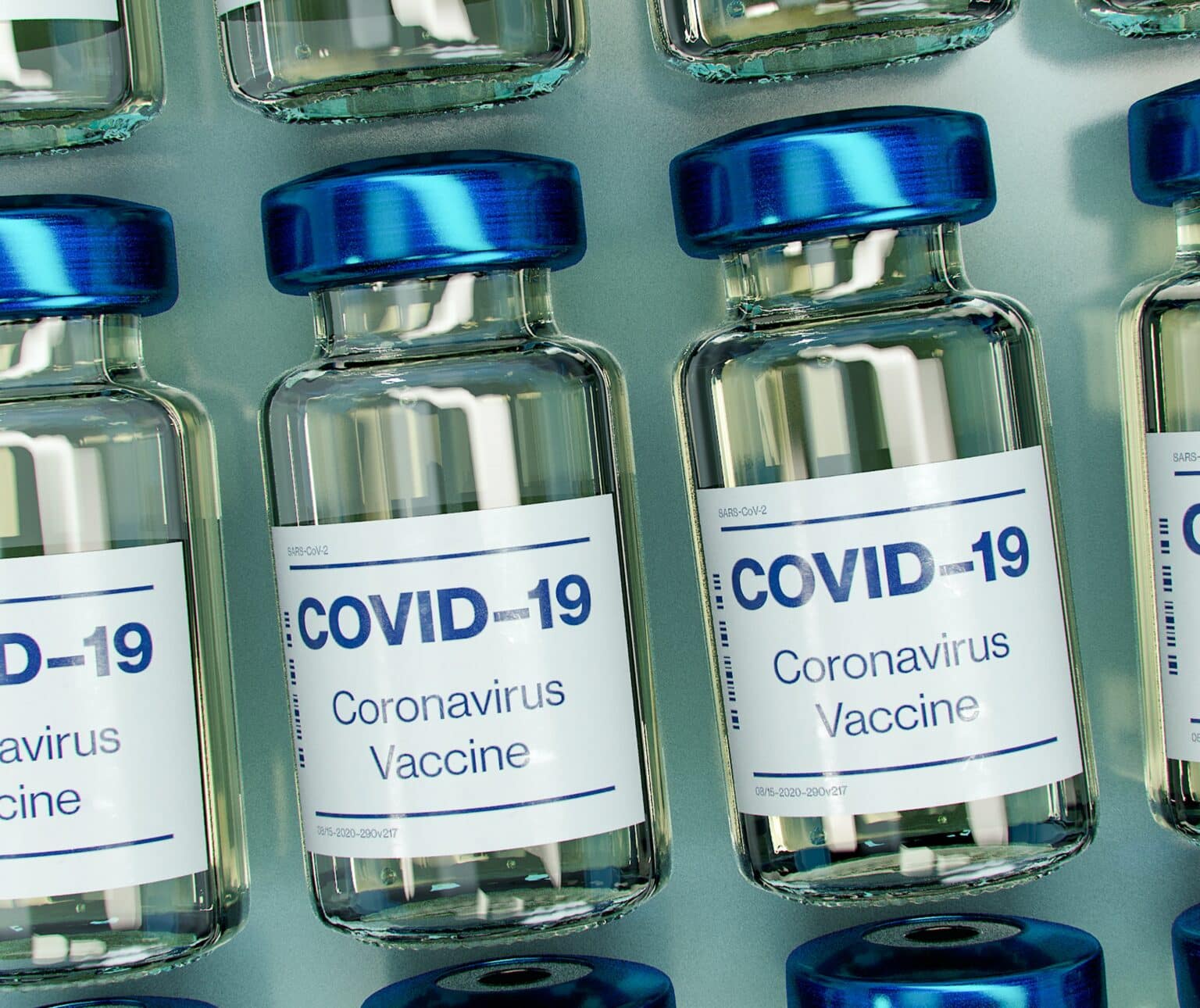Two U.S. scientists, Katalin Kariko and Drew Weissman, will share the Nobel Prize in Physiology or Medicine for their development of technology that led to the mRNA Covid vaccines.
In a statement Monday the Nobel Prize committee said, “The laureates contributed to the unprecedented rate of vaccine development during one of the greatest threats to human health in modern times.”
Kariko and Weissman met in the early 1990s when both were working at the University of Pennsylvania. At the time, their interest in mRNA was met with great skepticism by the scientific community.
The technology that the two professors developed remained experimental up until the coronavirus was discovered in 2019 and spread into a worldwide pandemic the next year, but now the same same science behind the Covid mRNA vaccine is being used in research for other diseases, including cancer.
Traditional vaccine technology has been based on dead or weakened versions of a virus or bacterium, or by using fragments of the infectious agent.
In contrast, mRNA, or messenger ribonucleic acid,” vaccines use a completely differently approach, and the mRNA science has been the basis for Moderna and Pfizer/BioNTech vaccines throughout the Covid pandemic.
Nations who used their own forms of the vaccine based on non-mRNA technology, like China, had a far more difficult time containing the spread of the Covid-19 virus within their borders.
In the U.S., meanwhile, the Centers for Disease Control and Prevention (CDC) has recommended that everyone over age 6 months should should get the latest, updated Covid vaccine this fall, which targets the XBB.1.5 subvariant.
Currently, more than 270 million Americans, or 81% of the U.S. population, have received at least one dose of a Covid vaccine. Among them, 230 million, or 70% of the population, are considered fully vaccinated.


